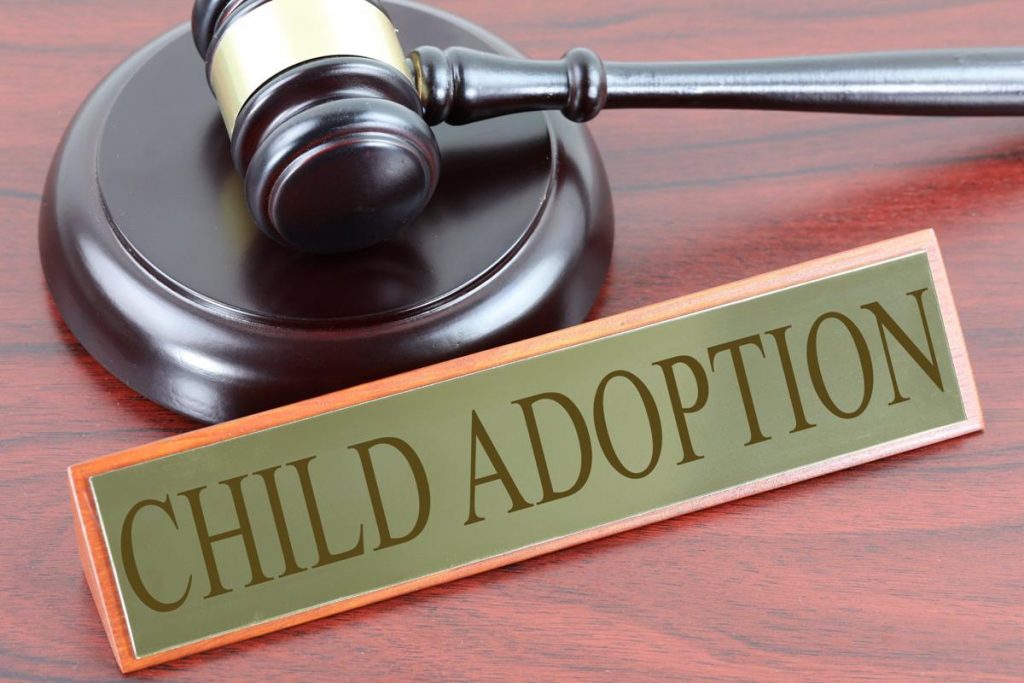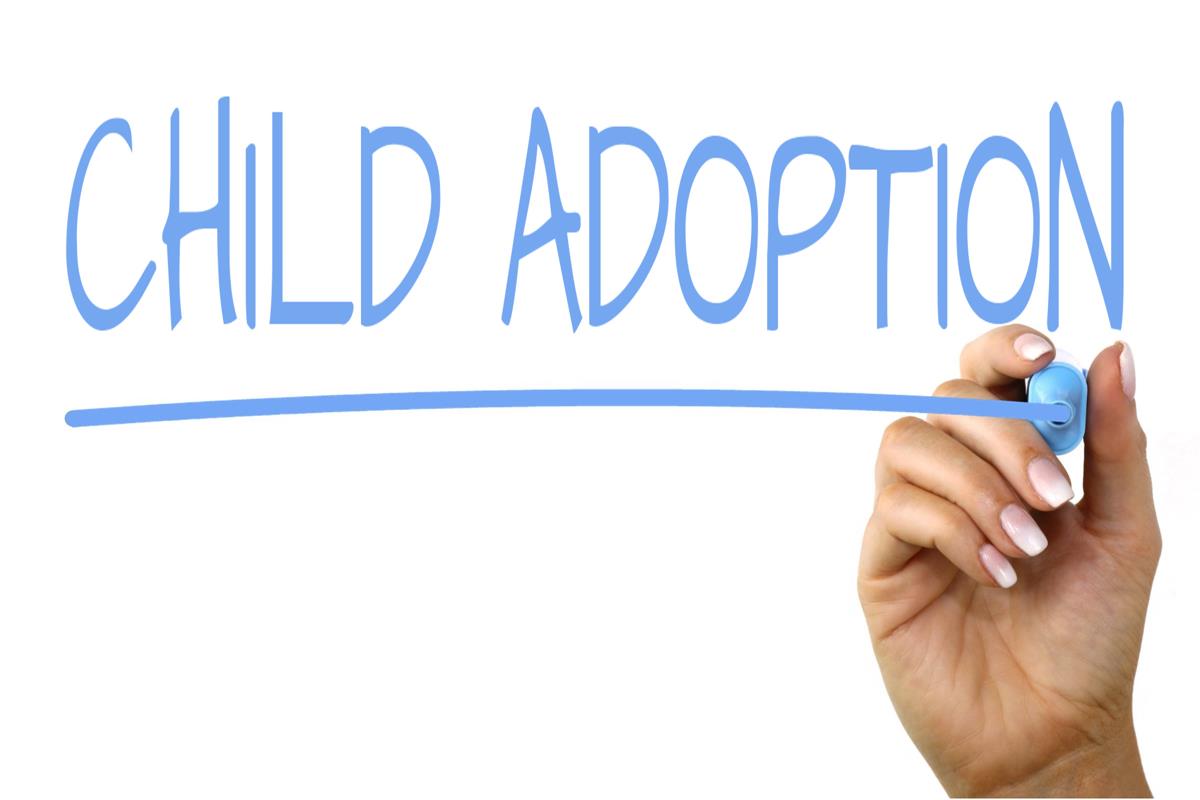For many couples looking to adopt a child, the process can be arduous, emotionally draining and fraught with uncertainty. The legalities of adoption are quite complicated and vary significantly from state to state. Therefore, for most couples, the first step when looking to adopt is to hire an attorney experienced in family law to help them navigate the complex adoption process.
The act of adoption is when a person deemed an adult (the exact age varies depending on the state), becomes the legal guardian of a child, therefore incurring the rights and responsibilities of a parent. It is a formal process which concludes in the termination of the legal rights of the birth parents.

Types of adoption
The two main types of adoption are open adoption and closed adoption. In an open adoption, the law states that the natural mother of the child has the right to select the adoptive parents she wishes her child to go to. This can also in some cases allow the birth mother to retain her visitation rights. In a closed adoption, the birth mother legally relinquishes her rights over the child, allowing the state’s adoption agency to select the adoptive parents on her behalf.
Methods of adoption
Prospective parents have two options when it comes to looking to adopt. They must consider the methods and decide which suits them best. Firstly, they can contact an adoption agency, which can be either public (run by the state), or private. Both agency types run rigorous tests which can be time-consuming and intrusive. The purpose of these tests is to determine the suitability of the adopter(s). Once the biological parents have relinquished their rights to the child, the child is then placed in the home of the successful applicant(s). The second adoption type is independent, whereby the birth parents of the child take on the responsibility themselves to find adoptive parents. When adoption happens independently, it can often be the case that the child is placed with the adoptive family for a trial period before relinquishing their rights.
Who can adopt
There is no fundamental right to adopt provided by the US Constitution, and individual states have differing laws regarding who is and is not permitted to adopt. However, The Uniform Adoption Act was drafted to act as a guide for states when drawing up their adoption legislation, and some states follow this Act, or at least parts of it. In terms of who can adopt as per the Adoption Act, it remains broad and suggests adoption is possible for any individual or couple who has reached adulthood and considered fit to be a parent.
As for states’ rules, there are some major factors which differ when it comes to who is able to adopt. Age, marital status, sexual orientation, financial status, disability status, reputability and criminal background are all factors which are taken into consideration when assessing a persons’ suitability to adopt. Depending upon the state in which you are applying to adopt, the legislation differs, so it is important to check the requirements for your particular state or solicit the advice of your attorney. In order to proceed with an adoption, the prospective individual or couple must be found to be ‘acceptably suitable’ by the court.

Adoption procedure
For an adoption to be granted, the person or couple looking to adopt must petition the court by presenting clear and convincing evidence that qualifies their suitability and that the adoption is in the child’s best interest. This includes a recommendation from the adoption agency if the adopter has chosen that method. The natural parents are also given an opportunity to be heard by the court; however, if for any reason they aren’t able to be located, the court must take steps to notify them about the proceeding.

